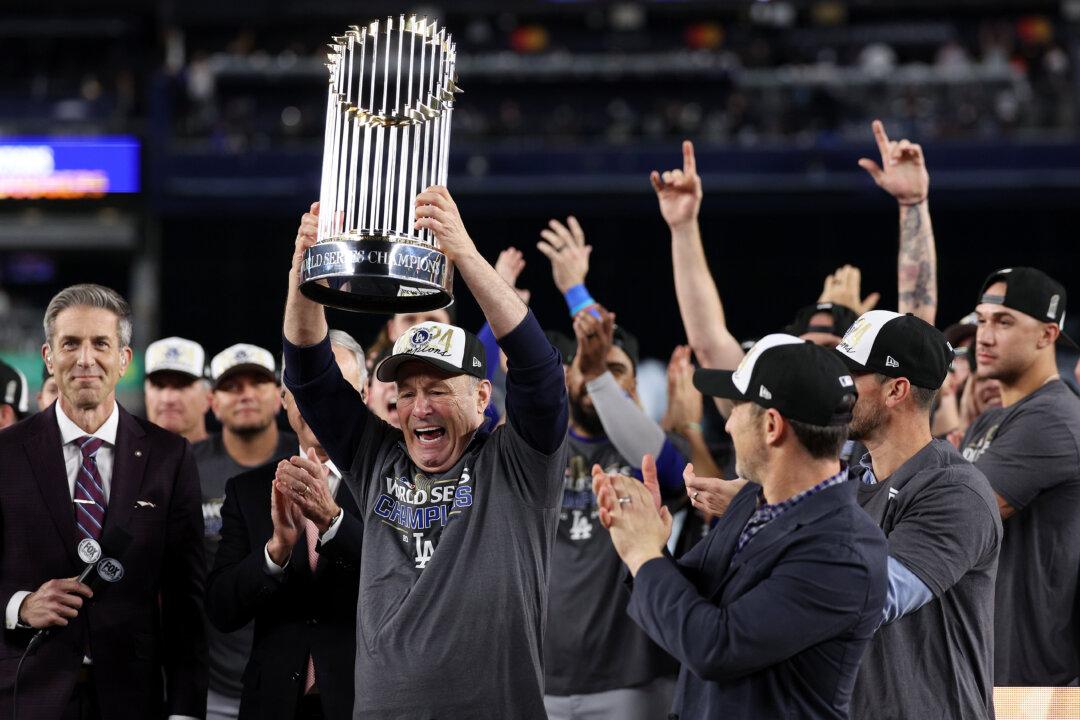Commentary
Why do sports fascinate so many of us? One major reason is that, like looking into a kaleidoscope, we see an ever-changing combination of familiar elements appearing in new combinations.

Why do sports fascinate so many of us? One major reason is that, like looking into a kaleidoscope, we see an ever-changing combination of familiar elements appearing in new combinations.